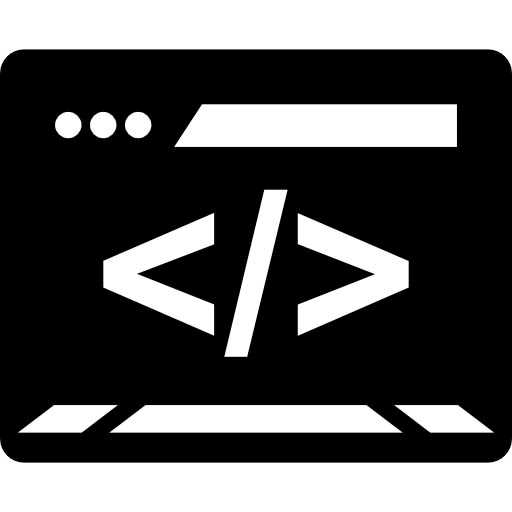
How soon should you teach your kids to code? When s/he is 12 years old? Or 10? Or just eight? Six?
How about four? A Singapore-based school offers a Junior Coders Program for kids aged four to six. The school is called Coding Lab and was founded by Yong Ning Foo.
“He graduated with a Masters in Computation for Design and Optimization from the MIT (Massachusetts Institute of Technology) under a full scholarship and spent a year working in a technology start-up in Silicon Valley prior to returning to Singapore, where he was born and grew up in,” the firm’s website says. The company trains kids from age four to 18.
Is six the right age to learn coding? Yes, says Jon Mattingly, co-founder of Kodable. Jon starting programming when he was just six; he’s now 28. At age 19, he and Grechen Huebner (one year older than Jon), founded Kodable to teach coding for primary school kids. “We never dreamed that something started at a kitchen table could be used by over 50% of elementary schools in the US and in 200 countries,” Jon says.
Kodable’s lessons start for free and are priced for school curricula – and aim to get kindergarten kids to think like programmers. By fifth grade, they’re learning JavaScript. Kodable, based in California has raised money from Sinnovation Ventures, 500 Startups, Chmod Ventures and Imagine K12/YC.
Other players in the coding for kids include Edutopia by the George Lucas Educational Foundation, the Gratitude Garden Preschool, and Code.org.
Late last month I was in Israel where I learnt that fourth-graders (age 8) are taught to code. Gifted tenth-graders are offered special classes in encryption tactics, coding and cybersecurity. In 2017, Israel set up a National Center for Cyber Education to boost the talent pool for military intelligence units and prepare kids for careers in defense agencies, high-tech, and academia. The Center got US$6m funding for five years.
“In the first grade, they learn the letters, then how to read and how to write. We’re building the next level of knowledge: how to code,” says Sagy Bar of the Rashi Foundation, a philanthropic group running the cyber education center as a joint venture with Israel’s defense establishment and academic institutions.
On July 10, 2019, Singapore announced that all upper primary students (Primary 4 to 6, ages 9 to 11) will attend compulsory coding classes from next year. Called Code for Fun, the 10-hour program was piloted in 2014 as an option for primary and secondary school kids. About 93,000 students have taken the classes.
The moot question: Should very young kids be taught coding at all? Paul Thomas, an education professor at Furman University and a former high school English teacher doubts the value of teaching so narrow a skill as coding. “It’s better to teach them literacy, numeracy, how to think, how to be critical,” Thomas was quoted by the Center for Digital Education. “So then they can kind of adapt to whatever the future requires.”
The Center also quoted Mimi Ito, a cultural anthropologist at the University of California in Irvine, who has researched educational software. She says that the American Academy of Pediatrics has loosened its screen time guidelines for children, emphasizing instead high-quality programming and parental involvement. “If your kid is doing something valuable and creative at school and happens to use devices, I personally don’t think there’s anything wrong with it,” Ito says.